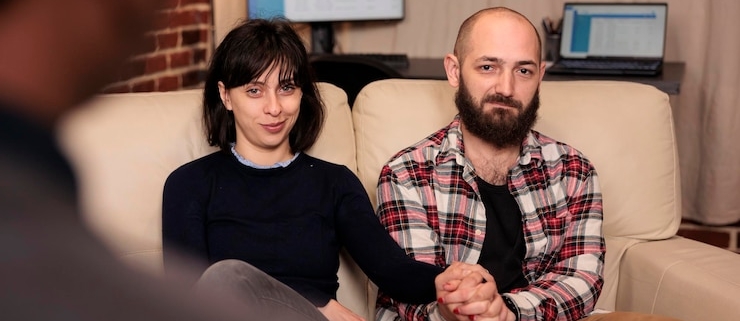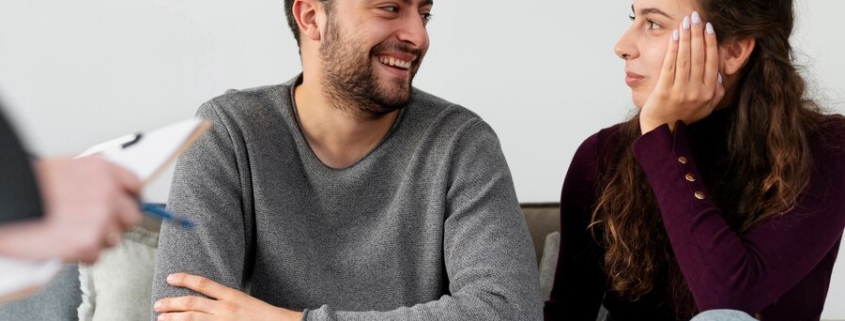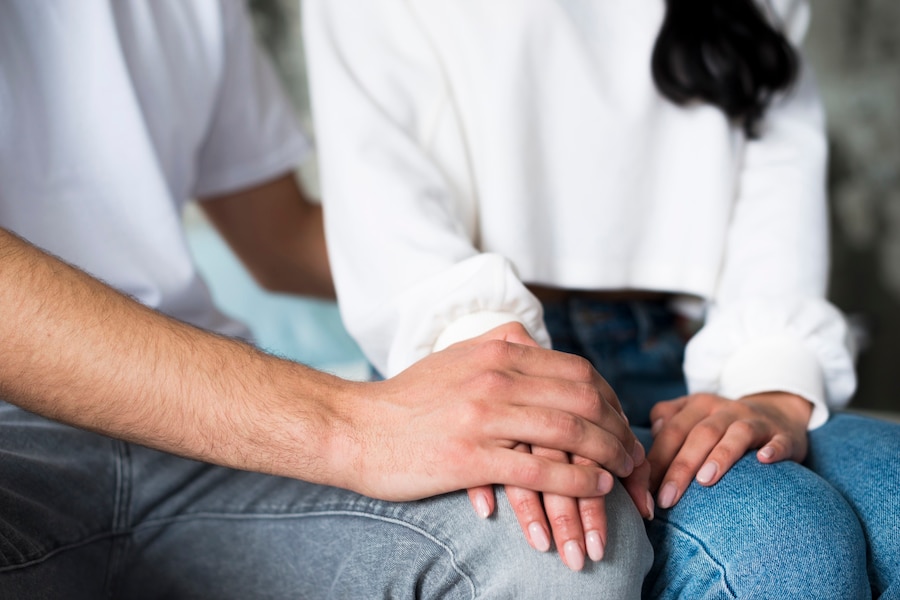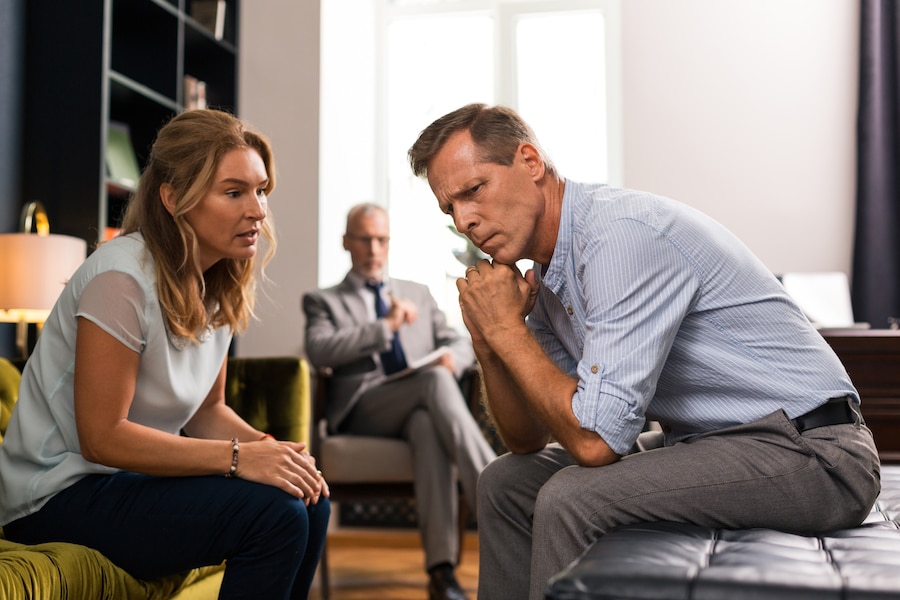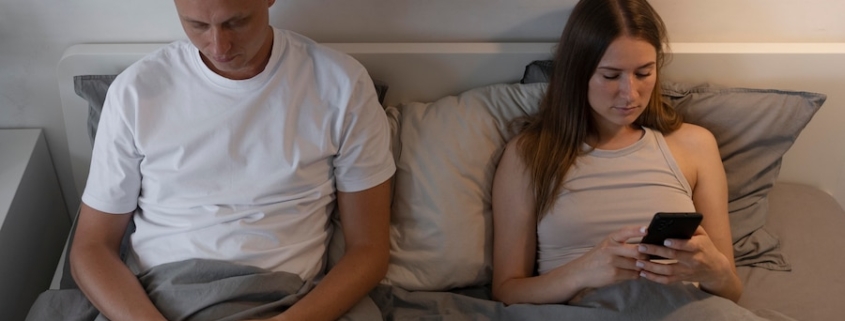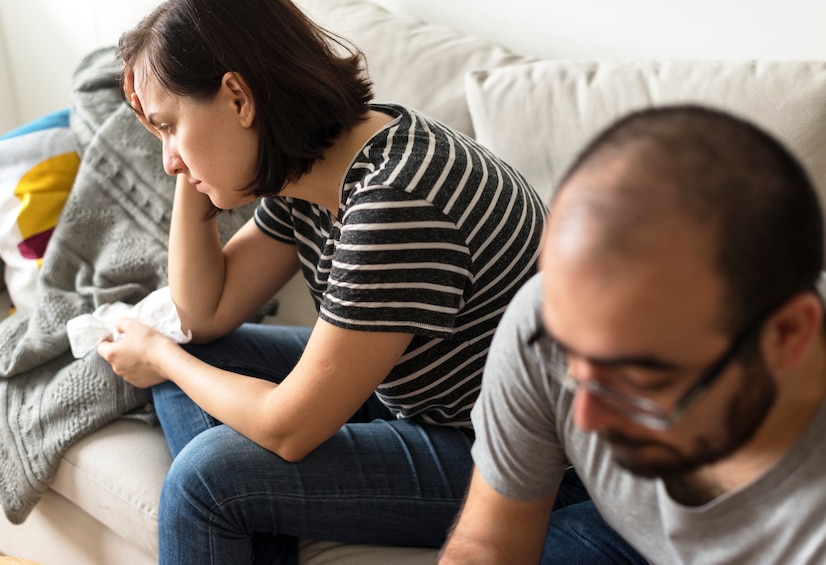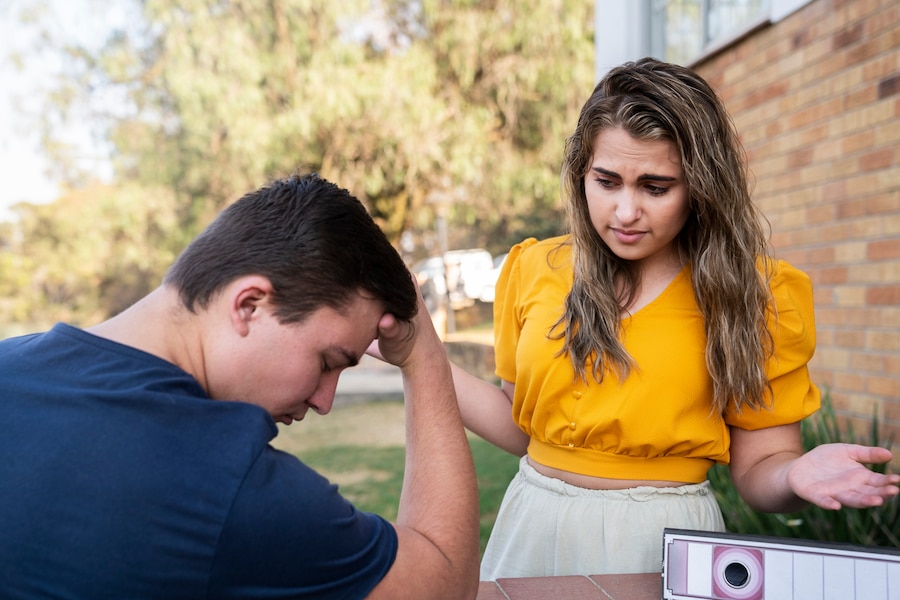Embarking on the journey to recovery from addiction can be a challenging and transformative experience, especially for couples who are navigating the process together. Couples rehab in Orange County offers a unique opportunity for partners to support each other, heal together, and strengthen their relationship in the face of addiction. In this article, we’ll explore the importance of supporting your partner through couples rehab, the benefits of this approach to treatment, and how it can lead to lasting recovery and relationship growth.
Couples Rehab Services
Understanding Couples Rehab
Couples rehab provides a unique and tailored approach to addiction treatment, acknowledging the interconnectedness of substance abuse and relationship dynamics. By offering joint therapy sessions, couples counseling, and experiential activities, these programs aim to strengthen communication, rebuild trust, and foster mutual support between partners.
Additionally, couples rehab provides a safe and supportive environment where couples can address underlying issues, learn healthy coping mechanisms, and develop strategies for maintaining sobriety together. Ultimately, couples rehab empowers partners to navigate the challenges of addiction recovery as a team, fostering healing and resilience in both the individual and the relationship.
The Importance of Supporting Your Partner
Supporting your partner through couples rehab is essential for various reasons. Firstly, it strengthens the bond between partners, fostering unity, trust, and mutual support as they face challenges and celebrate successes together. This shared experience deepens their connection and commitment to each other. Secondly, it promotes healing by allowing both partners to address underlying issues, heal past wounds, and work towards a healthier relationship, especially in the context of addiction’s strain on relationships. Lastly, having a supportive partner increases accountability and motivation to stay sober, as they provide belief, encouragement, and accountability, crucial for sustaining recovery.
Furthermore, supporting your partner through rehab means offering emotional support during the ups and downs of recovery. Recovery can be emotionally taxing, and having a partner who listens, encourages, and empathizes can make all the difference. Additionally, couples rehab encourages open communication by providing a safe space for partners to express their thoughts, feelings, and experiences honestly. By actively listening and engaging in honest dialogue, partners can lay the foundation for a healthier relationship as they navigate the challenges of recovery together.

Benefits of Couples Rehab
Couples rehab offers several benefits that traditional individual rehab may not provide:
- Dual Healing: Couples rehab allows both partners to address their addiction issues simultaneously, leading to dual healing and growth. By working together towards sobriety and recovery, couples can support each other’s progress and celebrate milestones together.
- Relationship Counseling: Couples rehab typically includes relationship counseling sessions, where couples can explore underlying issues, improve communication skills, and learn healthy ways to navigate conflict and challenges in their relationship.
- Family Dynamics: Addiction often impacts family dynamics and relationships, including those between partners. Couples rehab provides an opportunity for partners to address these dynamics, heal past wounds, and rebuild trust and intimacy in their relationship.
- Long-Term Success: Research has shown that couples who go through rehab together are more likely to achieve long-term success in their recovery journey. By addressing both partners’ needs and strengthening their relationship, couples rehab sets the stage for lasting sobriety and relationship growth.
Supporting Your Partner Through Couples Rehab
Supporting your partner through couples rehab involves:
- Encouraging and Motivating: Offer words of encouragement, praise, and motivation to your partner throughout their recovery journey. Remind them of their strengths, celebrate their successes, and provide reassurance during challenging times.
- Active Participation: Participate actively in couples therapy sessions, group activities, and educational workshops offered as part of the rehab program. Engage in open and honest communication, and be willing to listen, learn, and grow alongside your partner.
- Setting Boundaries: Establish healthy boundaries and communication guidelines with your partner to promote mutual respect, trust, and understanding. Respect each other’s needs, preferences, and personal space while also maintaining a supportive and connected relationship.
- Self-Care: Take care of yourself physically, mentally, and emotionally throughout your partner’s recovery journey. Practice self-care activities such as exercise, meditation, hobbies, and spending time with supportive friends and family members to recharge and rejuvenate.
- Celebrating Progress: Celebrate your partner’s progress and achievements along the way, no matter how small they may seem. Acknowledge their efforts, express pride in their accomplishments, and reinforce their commitment to sobriety and recovery.
Supporting Your Partner Through Couples Rehab
Supporting your partner through couples rehab is a vital component of the recovery process for couples struggling with addiction. By offering encouragement, emotional support, and active participation in the treatment process, partners can strengthen their bond, promote healing, and increase the likelihood of long-term success in their recovery journey. If you and your partner are considering couples rehab, Broadway Treatment Center is here to help. Our comprehensive couples rehab program provides personalized treatment and support to help you and your partner overcome addiction and build a healthier, more fulfilling relationship. Contact us today to learn more about our couples rehab program.

- What is Couples Rehab, and how does it support partners in recovery together?
- Couples Rehab is a specialized program designed to help couples overcome substance abuse issues together. It offers a supportive environment where partners can undergo treatment simultaneously, providing mutual encouragement, understanding, and accountability throughout the recovery journey.
- What are the key benefits of Couples Rehab for partners seeking recovery together?
- Couples Rehab offers several benefits, including the opportunity for partners to address substance abuse issues collectively, strengthen their relationship through shared experiences, and develop healthy coping mechanisms as a team. It also fosters open communication, trust, and mutual support between partners.
- How does Couples Rehab differ from individual addiction treatment programs?
- Couples Rehab differs from individual addiction treatment programs by focusing on the dynamics of the relationship alongside individual recovery. It emphasizes the importance of mutual support, shared accountability, and collaborative problem-solving to achieve lasting sobriety and relationship wellness.
- What types of therapy are typically offered in Couples Rehab programs?
- Couples Rehab programs often incorporate a combination of individual therapy, couples counseling, and group therapy sessions. Individual therapy allows each partner to address personal issues related to substance abuse, while couples counseling focuses on improving communication, resolving conflicts, and rebuilding trust.
- How does Couples Rehab help couples navigate challenges and triggers together?
- Couples Rehab provides couples with tools and strategies to identify and manage triggers, cope with cravings, and support each other through difficult moments. By learning to recognize and address potential challenges as a team, partners can strengthen their resilience and commitment to sobriety.
- Can Couples Rehab address underlying relationship issues in addition to substance abuse?
- Yes, Couples Rehab programs often include therapy sessions specifically geared towards addressing underlying relationship issues. Therapists work with couples to identify and resolve conflicts, improve communication skills, and rebuild intimacy, laying the groundwork for a healthier, more fulfilling relationship.
- What role does mutual support play in Couples Rehab?
- Mutual support is central to Couples Rehab, as partners lean on each other for encouragement, guidance, and motivation throughout the recovery process. The shared experience of facing addiction together fosters a sense of unity and solidarity, strengthening the bond between partners.
- How can Couples Rehab help couples establish boundaries and healthy routines post-treatment?
- Couples Rehab provides couples with the tools and resources to establish boundaries, communicate effectively, and maintain healthy routines following treatment. Through ongoing support and guidance, partners can navigate life after rehab with confidence and resilience.
- What should couples expect during the Couples Rehab process?
- During Couples Rehab, partners can expect to engage in individual therapy sessions, couples counseling, and group therapy activities. They will also participate in educational workshops, wellness activities, and relapse prevention planning to support their long-term recovery goals.
- How can couples find a reputable Couples Rehab program that meets their needs?
- Couples can find reputable Couples Rehab programs by researching online, seeking referrals from healthcare providers or addiction specialists, and contacting treatment centers directly to inquire about their services, approach, and success rates. It’s essential to choose a program that aligns with their specific needs and preferences for the best possible outcome.

